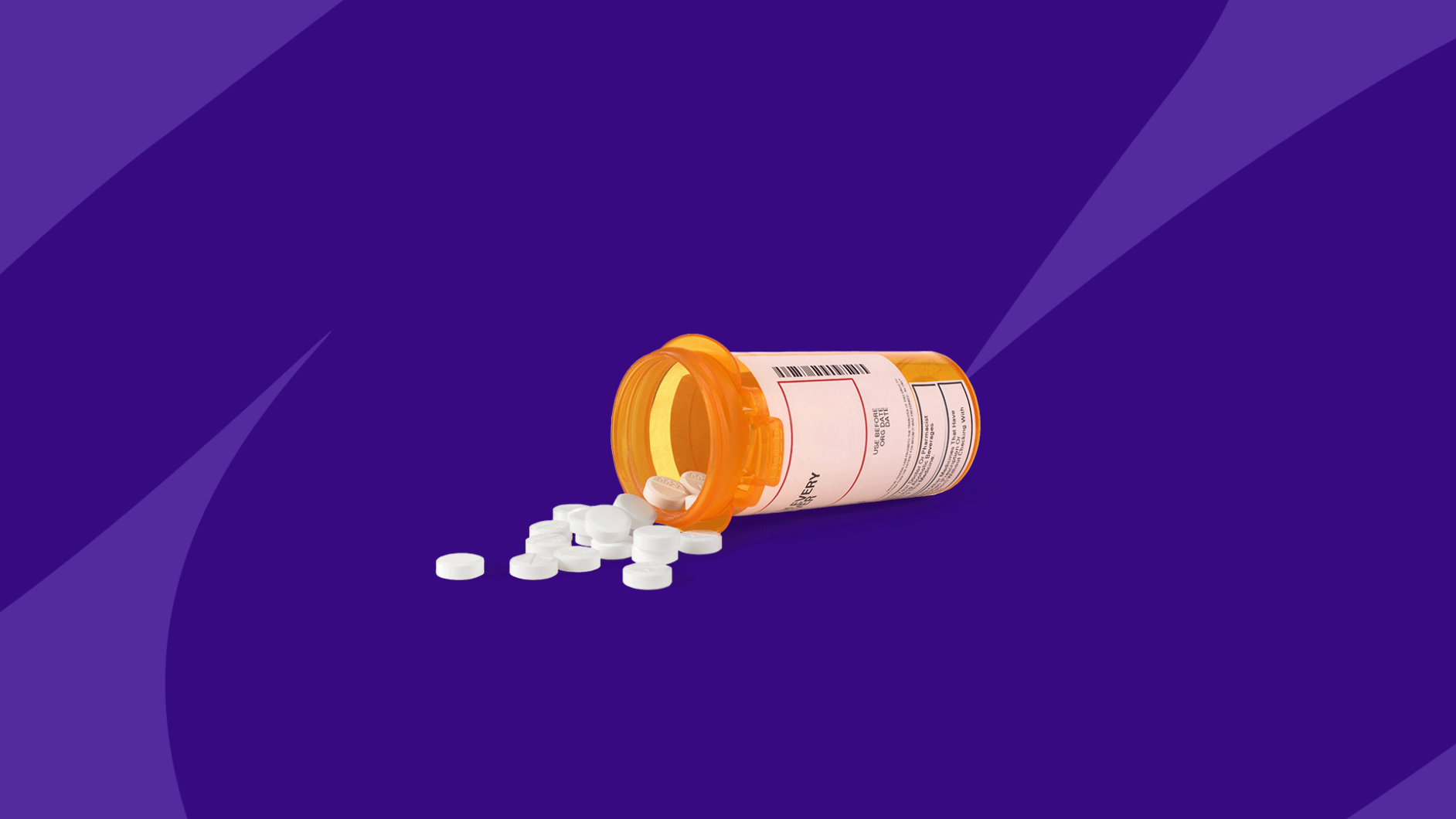
Trazodoneis a medication that has been used for decades to treat various mental health conditions and sleep disorders. It belongs to a class of drugs known as serotonin receptor antagonists and reuptake inhibitors (SARIs). In this article, we will explore the uses, side effects, and more about Trazodone.
Uses Of Trazodone
- Depression- Trazodone is primarily prescribed for the treatment of depression. It works by increasing the levels of serotonin, a neurotransmitter, in the brain. Serotonin is known to regulate mood, and low levels of it are associated with depression. By boosting serotonin levels, Trazodone helps alleviate the symptoms of depression, such as sadness, low energy, and feelings of hopelessness.
- Insomnia- Trazodone is also commonly prescribed off-label to treat insomnia. Its sedative properties make it effective in helping individuals fall asleep and stay asleep throughout the night. It is often prescribed at lower doses for insomnia compared to its use for depression.
- Anxiety Disorder- In some cases, healthcare providers may prescribe Trazodone to manage symptoms of anxiety disorders, such as generalized anxiety disorder or social anxiety disorder. It can help reduce anxiety by calming the nervous system.
- Panic Disorder- Trazodone may be used as an adjunctive treatment for panic disorder, often in combination with other medications or therapeutic approaches. It can help mitigate the severity and frequency of panic attacks.
- Fibromyalgia- Some individuals with fibromyalgia, a chronic pain condition characterized by widespread musculoskeletal pain, may find relief from their symptoms with Trazodone. It can improve sleep quality and reduce pain perception.
Dosage And Administration
The appropriate dosage of Trazodone can vary depending on the specific condition being treated and individual factors such as age and overall health. Typically, Trazodone is taken orally in tablet or extended-release tablet form. It is crucial to follow the prescribing doctor's instructions carefully.
For depression, the starting dose is usually low, and it is gradually increased as needed. The typical dosage range for depression is 150-400 mg per day, divided into multiple doses.
For insomnia, lower doses are often prescribed, typically ranging from 25-100 mg, taken at bedtime. Taking higher doses for sleep may increase the risk of side effects.
It is essential to take Trazodone as directed by a healthcare professional and not to adjust the dosage without their guidance. Abruptly stopping Trazodone can lead to withdrawal
symptoms, so it should be tapered off under medical supervision when discontinuing treatment.
Side Effects Of Trazodone
While Trazodone can be effective in treating various conditions, it can also cause side effects. Not everyone will experience these side effects, and their severity can vary from person to person. Some common side effects of Trazodone include:
- Drowsiness- One of the most common side effects of Trazodone is drowsiness. This sedative effect is often used to advantage when the medication is prescribed for insomnia but can be a drawback for individuals taking it during the day.
- Dry Mouth- Trazodone can lead to a dry mouth, which can be bothersome for some individuals. Staying well-hydrated and using sugarless candies or gum can help alleviate this symptom.
- Dizziness- Some people may experience dizziness or lightheadedness when taking Trazodone. This can increase the risk of falls, so it's essential to be cautious when getting up from a sitting or lying position.
- Nausea- Nausea is another common side effect, especially when starting Trazodone. Taking the medication with food or a light snack can help reduce this side effect.
- Blurred Vision- Trazodone can cause blurred vision in some individuals. This side effect may diminish over time as the body adjusts to the medication.
- Weight Changes- Some people may experience weight gain or weight loss while taking Trazodone. Monitoring weight and discussing any significant changes with a healthcare provider is important.
- Sexual Side Effects- Trazodone can affect sexual function in some individuals, leading to decreased libido, erectile dysfunction, or difficulty achieving orgasm. Discussing these issues with a healthcare provider is essential, as they may offer alternative treatments or adjustments to the medication.
- Serotonin Syndrome- While rare, Trazodone can, in some cases, lead to a potentially life-threatening condition known as serotonin syndrome. Symptoms of serotonin syndrome include confusion, agitation, rapid heart rate, dilated pupils, high blood pressure, and muscle rigidity. If any of these symptoms occur, medical attention should be sought immediately.
It's crucial to communicate any side effects or concerns with a healthcare provider, as they can help manage or adjust the treatment plan accordingly. In some cases, a different medication may be recommended if Trazodone's side effects are intolerable.
Precautions And Considerations
Before starting Trazodone or any medication, it's essential to discuss the following considerations with a healthcare provider:
- Pregnancy and Breastfeeding- Trazodone should be used with caution during pregnancy and while breastfeeding. The potential risks and benefits should be carefully evaluated in consultation with a healthcare provider.
- Medical Conditions- Inform your healthcare provider about any existing medical conditions, including heart disease, liver problems, kidney problems, or a history of seizures, as Trazodone may require dosage adjustments or alternative treatments in these cases.
- Drug Interactions- Trazodone can interact with other medications, potentially leading to adverse effects. It's essential to inform your healthcare provider about all medications, supplements, or herbal products you are taking.
- Alcohol and Substance Use- It is advisable to limit alcohol consumption while taking Trazodone, as alcohol can enhance its sedative effects. Additionally, avoid using recreational drugs or substances that may interact with the medication.
- Driving and Operating Machinery- Trazodone can impair coordination and cognitive function, so it's important to avoid activities that require mental alertness, such as driving or operating heavy machinery, until you know how the medication affects you.
- Regular Follow-Up- Regular follow-up appointments with a healthcare provider are crucial when taking Trazodone to monitor its effectiveness and manage any side effects or changes in your condition.
Conclusion
Trazodone is a medication that has been widely used for several decades to treat depression, insomnia, anxiety disorders, and other conditions. While it can be effective in managing these conditions, it is essential to be aware of its potential side effects and take it under the guidance of a healthcare provider.
Trazodone's dosage and treatment plan should be tailored to the individual's specific needs and closely monitored to ensure the best possible outcome.
If you or someone you know is considering Trazodone as a treatment option, consult with a healthcare professional to discuss the risks and benefits and develop a personalized treatment plan.
